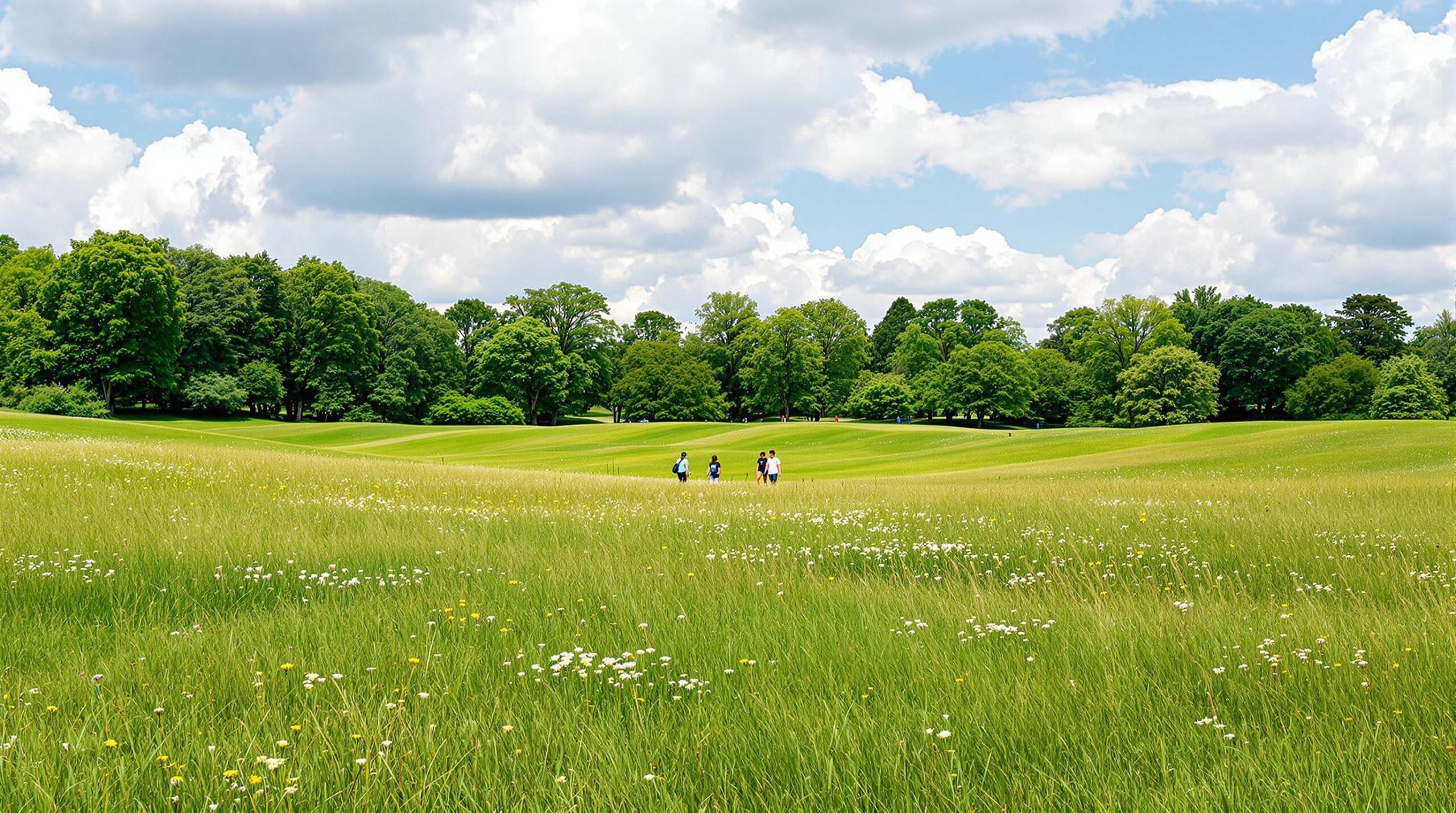Benton County Conservation recently marked an important milestone by unveiling a major addition at Wildcat Bluff Recreation Area, a county park located south of Urbana. The celebration took place March 29 from 1 to 3 p.m. and showcased the completion of a project that now doubles the park’s overall expanse. Organizers encouraged visitors to explore the enhancements and learn more about the collaborative work that made the expansion possible.
According to a published report, the park has grown by 184 acres, bringing a substantial portion of unplowed grassland and bluff habitat under public protection. Officials noted that the preserved land will support native wildlife populations and offer new vantage points over the Cedar River, adding to the scenic appeal. The same information indicates that Benton County Conservation partnered with Iowa Natural Heritage Foundation over a two-year period to secure the additional territory.
Wendling Quarries, a drilling company based in Robins, agreed to sell its adjacent land for $1.2 million, according to the same report. This arrangement opened the door for a transfer of ownership once fundraising goals were met. The county and its supporters then set out to gather the necessary backing, which included private donations and special grants.
Benton County Conservation received $360,461 through Resource Enhancement and Protection while raising more than $600,000 from individual donors, a figure detailed in a news piece. These combined sources of support enabled the final acquisition, ensuring the wooden hills and grasslands near Urbana would remain accessible to both wildlife and the public. The location had already been popular among campers, hikers and disc golf enthusiasts, but officials hoped its expanded boundary would add fresh opportunities for recreation.
In total, 122 acres of the new purchase are described as unplowed and preserved, boosting Wildcat Bluff’s ability to serve as a haven for birds and other species. Eagles are reportedly active near the river’s far bank, further inspiring birdwatchers to roam the newly opened trails. By retaining critical habitat, Benton County Conservation aimed to balance recreational use with ecological protection.
Beyond wilderness exploration, the park now highlights a recently completed cabin called “The Den,” which can be reserved through county offices. An official note describes how visitors were offered a tour of the cabin during the March 29 gathering. Fire rings, picnic spots and a pavilion remain in place, and campers can continue to enjoy Iowa’s top-rated disc golf course spanning the original sections of the grounds.
Organizers say the addition brings the park’s total acreage to around 368. Despite the expansion, they do not plan new structures on the newly added terrain. “No new infrastructure is planned at this time, but this addition will preserve the area’s ‘wild side’ while offering more recreation opportunities,” states the same report. The emphasis on blending untouched habitat with established facilities appeals to people seeking both solitude in nature and well-maintained camp amenities.
The event schedule provided further insight for visitors. A guided hike at 2 p.m. introduced them to segments of the trails that weave through grasslands and along the bluff. Barring storm conditions, the occasion went forward as planned with refreshments and light snacks, all in a casual atmosphere meant to celebrate the public’s involvement in preserving local landscapes.
Park expansion sometimes sparks concern about ecological impacts. Many campground owners have adopted materials for trails, cabins and common areas that minimize wear on vegetation. Some use permeable surfaces for walkways to reduce erosion and runoff, while choosing energy-efficient lighting and appliances in shared facilities to lower long-term costs and conserve natural resources.
Meanwhile, digital communication tools have emerged as a useful resource in visitor engagement. Apps and text-alert systems can distribute timely notices about trail conditions, updated hunting schedules and special activities. Parks using a mobile platform have reported meaningful boosts in event attendance, underscoring the effectiveness of on-demand notifications for campground followers.
As recreational areas expand, offering simple online reservation systems and integrated maps can help visitors easily locate newly opened spaces. Some parks use QR-coded trail markers that link to mobile-friendly guides, promoting safe navigation while cutting back on printed materials. Real-time updates on wildlife sightings and upcoming events may also enhance the experience for guests exploring larger properties.
Benton County Conservation’s success in maximizing both ecological protection and public amenities offers an example for others looking to expand. Highlighting thoughtful campground development, transparent fundraising and minimal disturbance of sensitive landscapes, officials believe the new acreage will draw a broader audience. The project’s completion was celebrated not merely as a local achievement, but as a model for sustainable recreation across the region.


